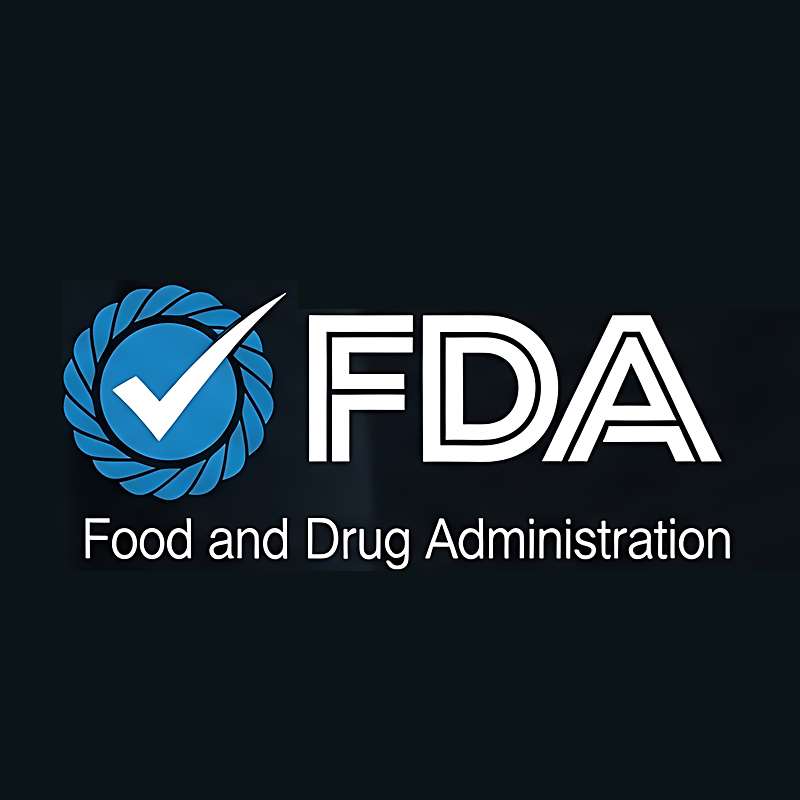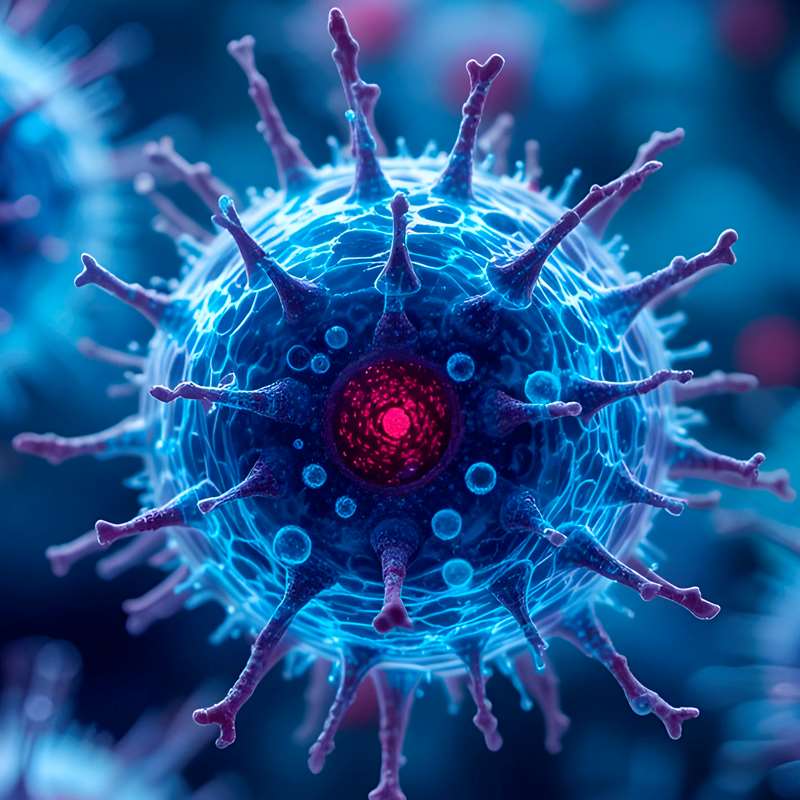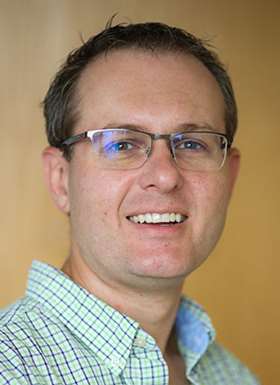Program Aims
Identify, develop, and apply immunotherapy-based approaches for the treatment of cancer and elucidate strategies to suppress adverse effects
Objectives in DDT immuno-oncology research are to uncover novel mechanistic insights, harness the immune system to eliminate cancer, and bring novel immunotherapeutic approaches into the clinic, benefitting cancer patients in our Catchment Area. Since these therapies are often associated with adverse effects from enhanced activation of the immune system, another focus is to develop strategies that attenuate systemic and organ-specific immunological toxicities.
Develop and employ imaging and radiotherapy strategies to optimize cancer treatment and increase therapeutic index
DDT strives to develop and apply innovative cancer imaging approaches to accurately characterize the extent of tumor involvement and measure response to chemotherapy, radiotherapy (RT), and immunotherapy. Program Members also seek to advance a precision medicine approach to RT by developing strategies that reduce toxicities through real-time sequential modification of radiation fields via practice-changing computational modeling.
Discover and therapeutically target drivers of cancer initiation, progression, and metastasis
A significant focus of the DDT Program is the identification and development of therapeutic strategies that target cancer drivers and pathways enabling resistance to hormonal, biological, small molecule, and chemotherapeutic anticancer agents. DDT Members also evaluate and target treatment-refractory cancers and rare cancers with the objective of providing tailored therapy based on their unique molecular signatures.

MCW Cancer Center Launches MyeloMATCH to Advance Precision Medicine for Myeloid Cancers
The MCW Cancer Center’s Clinical Trials Office recently activated the phase 2 MyeloMATCH screening study, that tests patients’ blood and bone marrow for biomarkers to guide treatment decisions and match them to personalized clinical trials.

MCW Cancer Investigators Play Key Role in FDA Approval of First T-Cell Therapy for Solid Tumors
Approved for adults with aggressive synovial sarcoma, afami-cel provides a novel treatment approach for this challenging cancer. The Center plans to be the first in Wisconsin to offer it to patients.

CAR T-Cell Lab Helps Scientists Bring Lifesaving Therapies to Patients with Blood Cancers
MCW Cancer Center investigators recently treated the 100th patient in an ongoing clinical trial using an in-house manufactured, dual-targeted CAR-T therapy for patients with B-cell malignancies. Built on decades of research, the innovative and proprietary treatment process enables the team to develop personalized and potentially lifesaving therapies for patients with blood cancers in a matter of days.

Mito-ATO Makes Immunotherapy More Potent Against Tumors, ‘Shows Great Clinical Potential’
Collaborative research shows the MCW-created drug, Mito-ATO, may play a crucial role in improving cancer treatment by altering and reprogramming immune cells.
Program Leaders


